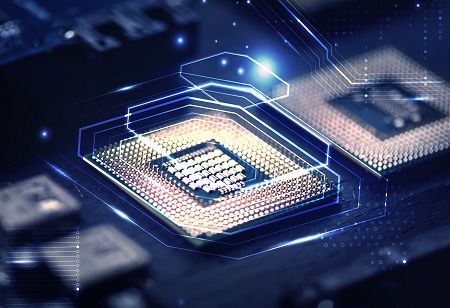
OpenAI is advancing its strategy to reduce dependence on Nvidia by developing its first in-house AI chip. The ChatGPT maker is finalizing the design and plans to send it for fabrication at Taiwan Semiconductor Manufacturing Co. (TSMC) within months. This "tape-out" process marks a critical step toward OpenAI’s goal of mass production by 2026.
Custom silicon development will enable OpenAI to negotiate better with the suppliers of the chips while improving performance and reducing cost. But this first tapeout might not give a functional chip, followed by redesigns and subsequent silicon development.
Led by Former Google Executive Richard Ho, OpenAI’s chip team has doubled to 40 members and collaborates with Broadcom. Unlike large-scale efforts at Google and Amazon, OpenAI’s program remains smaller, with estimated costs reaching $500 million for a single chip version. Scaling the initiative would require hundreds of engineers and significant investment.
The chip will be fabricated by TSMC using its 3-nanometer process, systolic array architecture with high-bandwidth memory, and advanced networking. These same technologies have been adopted by Nvidia. Initially, the deployment will target running AI models rather than training them.
Tech giants like Microsoft and Meta are heavily investing in AI infrastructure, with projected spending of $80 billion and $60 billion, respectively. Meanwhile, Nvidia maintains an 80% market share. OpenAI’s move aligns with broader industry trends, as companies seek alternatives to rising costs and reliance on a single supplier.
If successful, OpenAI’s chip could offer a viable alternative to Nvidia, reshaping AI hardware dynamics.

